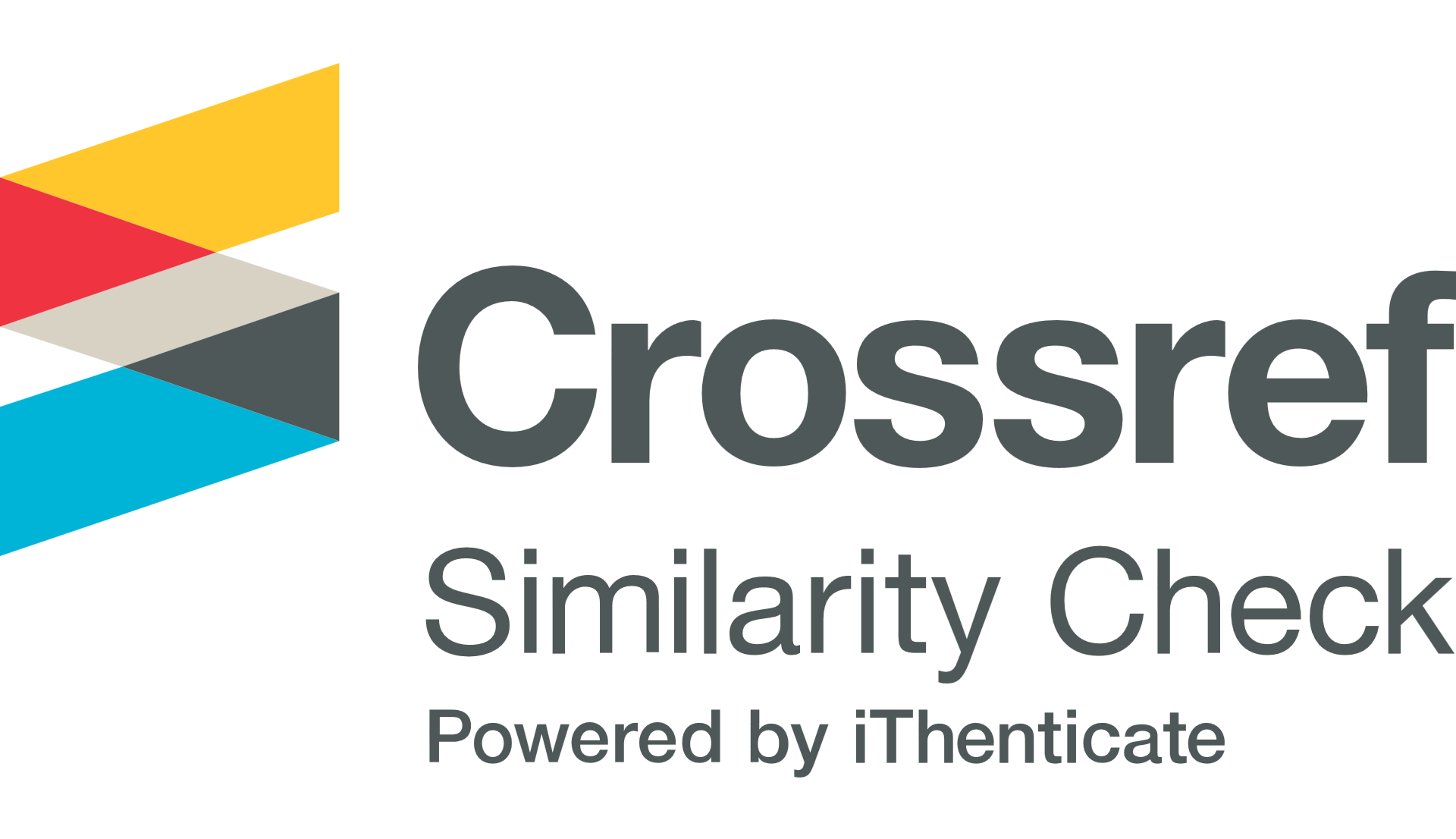Alternatives to animal experimentation: ethical, historical, and legal issues in Brazil
DOI:
https://doi.org/10.18593/eba.v19i2.20964Keywords:
Toxicology, In vitro tests, 3 RsAbstract
Currently millions of animals have been used in experiments around the world. The pain, distress and death experienced by animals have been a subject of intense debate in recent years. There is a demand for the substitution of traditional techniques, which use animals indiscriminately by other methods. These assays are based on the 3Rs approach (Reduction, Refinement and Replacement), that reduce the number of living beings, refine the tests to increase the animal welfare or replace them for in vitro techniques. Brazil is under the regulatory process and compulsory use of some of these alternative tests. On the other hand, seven Brazilian states already have local laws banning animal testing with products and ingredients for cosmetics purposes. This review provides a brief description of the substitutive methods according to their purpose in assessing the safety profile of chemical compounds, besides the associated technical and ethical advantages, and the history of legal advances in Brazilian law. The current scenario represents both a breakthrough and a challenge for industry and regulatory agencies towards readjustment and judgment, and in the med-term it is an important transition to the incorporation of new technologies by Science and changing paradigms regarding ethical scientific conduct.
Downloads
References
Goldim JR, Raymundo MM. Pesquisas em Saúde e os Direitos dos Animais. 2a ed. Porto Alegre: HCPA; 1997.
Giacomotto J, Segalat L. High-throughput screening and small animal models, where are we? Br. J. Pharmacol. 2010;160(2):204-16. doi:10.1111/j.1476-5381.2010.00725.x
Doke SK, Dhawale SC. Alternatives to animal testing: a review. Saudi Pharmaceutical Journal. 2013;23:223-29. doi:10.1016/j.jsps.2013.11.002
Rollin BE. Toxicology and new social ethics for animals. Toxicol. Pathol. 2003;31:128-131. doi:10.1080/01926230390175011
Ranganatha N, Kuppast IJ. A review on alternatives to animal testing methods in drug development. Int. J. Pharm. Pharm. Sci. 2012;4:28-32.
Gruber FP, Hartung T. Alternatives to Animal Experimentation in Basic Research. Alternatives to animal experimentation: Altex. 2004;Suppl 1:3-31.
Balls M, Combes RD, Worth AP. Alternative Toxicity Test Methods: lessons learned and yet to be learned. In: Balls M, Combes RD, Worth AP. The history of alternative test methods in toxicology. 1a ed. United States: Elsevier Academic Press; 2018. P. 317-323. doi:10.1016/B978-0-12-813697-3.00034-2
Brasil. Lei nº 11.794, de 8 de outubro de 2008. Estabelece os procedimentos para o uso científico de animais. Diário Oficial [da] União. 2008 nov. 9.
Brasil. Ministério da Ciência, Tecnologia, Inovações e Comunicações. Portaria nº 491, de 3 de julho de 2012. Institui a Rede Nacional de Métodos Alternativos – Renama. Diário Oficial [da] União. 2012 jul. 4.
Agência Nacional de Vigilância Sanitária. Consulta institucional. [Acesso em 2019 maio 14]. Disponível em: www.portal.anvisa.gov.br
Conselho Nacional de Controle de Experimentação Animal. Resolução normativa nº 18, de 24 de setembro de 2014, reconhece métodos alternativos ao uso de animais em atividades de pesquisa no Brasil. Diário Oficial, Brasília, DF, 25 set. 2014.
Conselho Nacional de Controle de Experimentação Animal. Resolução normativa nº 31, de 31 de agosto de 2016. Reconhece métodos alternativos ao uso de animais em atividades de pesquisa no Brasil. Diário Oficial [da] União. 2016 ago. 19.
Organization for Economic Cooperation and Development. Test Guidelines Programme for the testing of chemicals. [Acesso em 2019 mar 5]. Disponível em: www.oecd-iLibrary.org
Fukumori NTO. Determinação de endotoxina bacteriana (pirogênio) em radiofármacos pelo método de formação de gel [dissertação]. [São Paulo]: Instituto de Pesquisas Energéticas e Nucleares, Universidade de São Paulo; 2008.
Downloads
Published
How to Cite
Issue
Section
License
Copyright Statement
The authors retain the copyrights and grant the Journal the right of the first publication, with the work being simultaneously licensed by a Creative Commons - Attribution - Non-Commercial 4.0 International License.

































